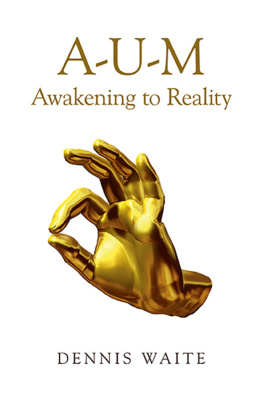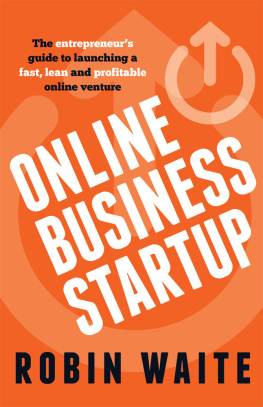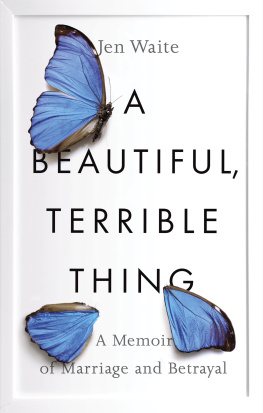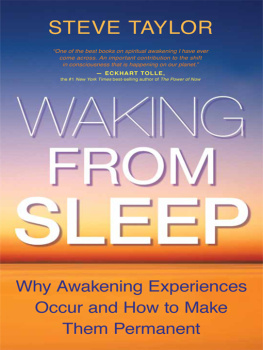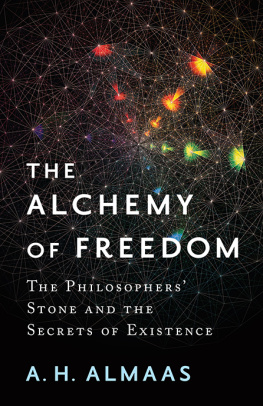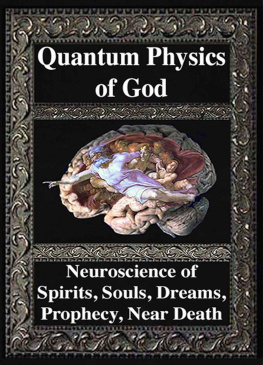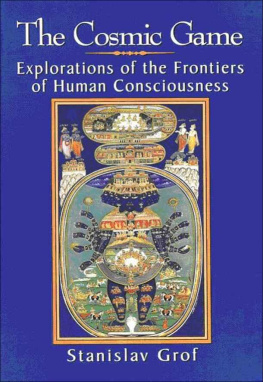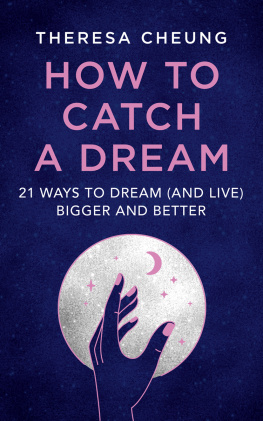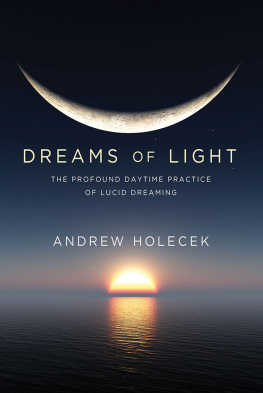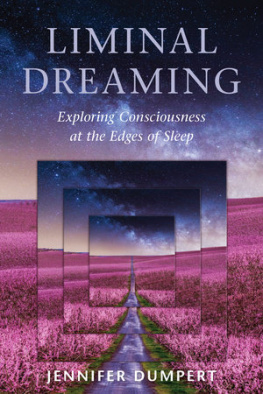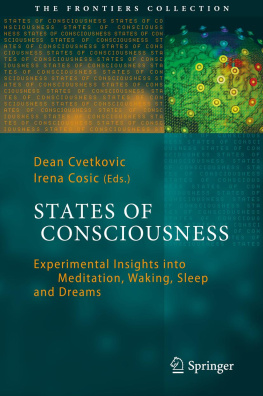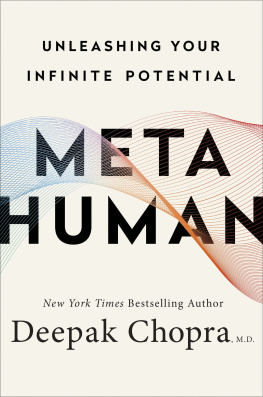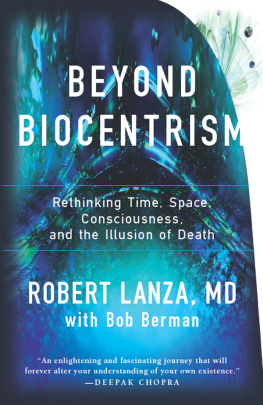Search for Happiness
There is much talk about happiness at present. Even governments have begun talking about it, as though they have suddenly realized that the subject is actually of interest to voters and that their ability to promote happiness in some way might win them the next election.
Of course, we are interested! One could say that the search for it motivates our every action, directly or indirectly. Whole books have been written about it. This is not obviously one of them. Certainly I do not intend to say anything about it other than in this short, preliminary section. Yet it will not escape your attention that it is the very first topic that I introduce!
The point I would like to make is that neither governments nor most individuals actually know how to make people happy. What we do tend to know is what the specific thing (object, person, status etc.) is at present that we think will make us happy. What we invariably find is that, irrespective of whether or not we obtain that thing, any happiness gained is only temporary and we eventually move on, desiring and seeking for the next thing that might work.
The nave view is that, ideally, I would always be free to do what I want rather than often seemingly being forced to do things that I dont want to do. But, on analysis of our experience, we should rather say that I really want to be free of that pervasive idea.
What is actually happening here?
The problem is that what we are actually looking for is the removal of some perceived limitation. We might want a new house if we think the present one is too small, too distant from our job etc., or if we do not have one at all. We might want a new partner if the current one is unfaithful, drunk all of the time etc., or if we do not have one at all. We might want a new job if the present one is too boring, not paid sufficiently well etc., or if we do not have one You get the idea!
The perceived limitations are either in our body or our mind. If there is no literal limitation, such as a muscular or sensory one, it is usually a thought that: I must have X before I can be happy. And, if you follow this line of reasoning, you end up with the real problem being that I believe that I am the body or mind. Since our bodies and minds genuinely are limited, it is no surprise that trying to remove these limitations inevitably causes problems and is ultimately doomed to failure.
So what has all of this got to do with this book? Well, the source text, which will be introduced in the next section, says that who we think we are is actually somewhat wider than this. It looks at our entire life experience through the three states of consciousness waking state, dream state and deep-sleep state and their corresponding objective universes. There is nothing else in our experience apart from these.
And what it says is that these states are effectively masks that we put on. A metaphor which is sometimes used is that of an actor, playing parts in several plays. The waker, dreamer and deep-sleeper are merely roles that the actor plays at various times. Who he really is is the fourth aspect, called turIya in Sanskrit the actor himself. The waker is not the dreamer, the dreamer is not the deep-sleeper but I am all of these.
The waking and dream roles are inherently fraught with limitations. We play the role of a limited being in a largely hostile universe. The deep-sleep state, on the other hand is a blissful one,in which we experience no limitation whatsoever. But then we know nothing about this directly and can only say on waking up that we slept well.
What can we make of these observations? If these states are masks that we put on, who is the one without a mask? If the perceived limitations of those states are not present when the masks are removed, then it would seem to follow that who-we-really-are must be without limitation and therefore permanently, transcendentally happy. This is indeed the case! This is why the subject of this book is so important. Read on!
Title of this Book
The title of this book may seem to be somewhat outrageous. Whatever the mystical significance of the word OM may be, it hardly seems credible to imply that it could tell us anything useful about the nature of reality. This is not at all the case.
It occurred to me that I ought to begin the book with a photograph of some readily identifiable object taken with a fish-eye lens. (This is a very wide-angle lens which sees a 180-degree image and thus, to our eyes, seems to distort the view.) I thought this would serve as a potent metaphor to emphasize that we ourselves never see what is really there anyway.
Of course, we rarely admit this is so. We have always interacted with the world via the senses that we have, supplemented as necessary by spectacles, hearing aids and so on, and we do so very successfully. This is thought to prove to us that we really are seeing the world as it is. However, Western philosophers such as Immanuel Kant have argued that this can never be. Our senses are very specific. Our eyes, for example, only cover a tiny part of the electromagnetic spectrum we cannot see in the radio or microwave regions at the lower end, or in X-ray and gamma ray regions at the higher end. Even infra-red and ultra-violet are outside of our scope.
Also significant is the conceptual lens through which we view the world. It is difficult for someone brought up as a Muslim to look at the world from a Jewish standpoint, as we know only too well, and innumerable other examples might be cited.

